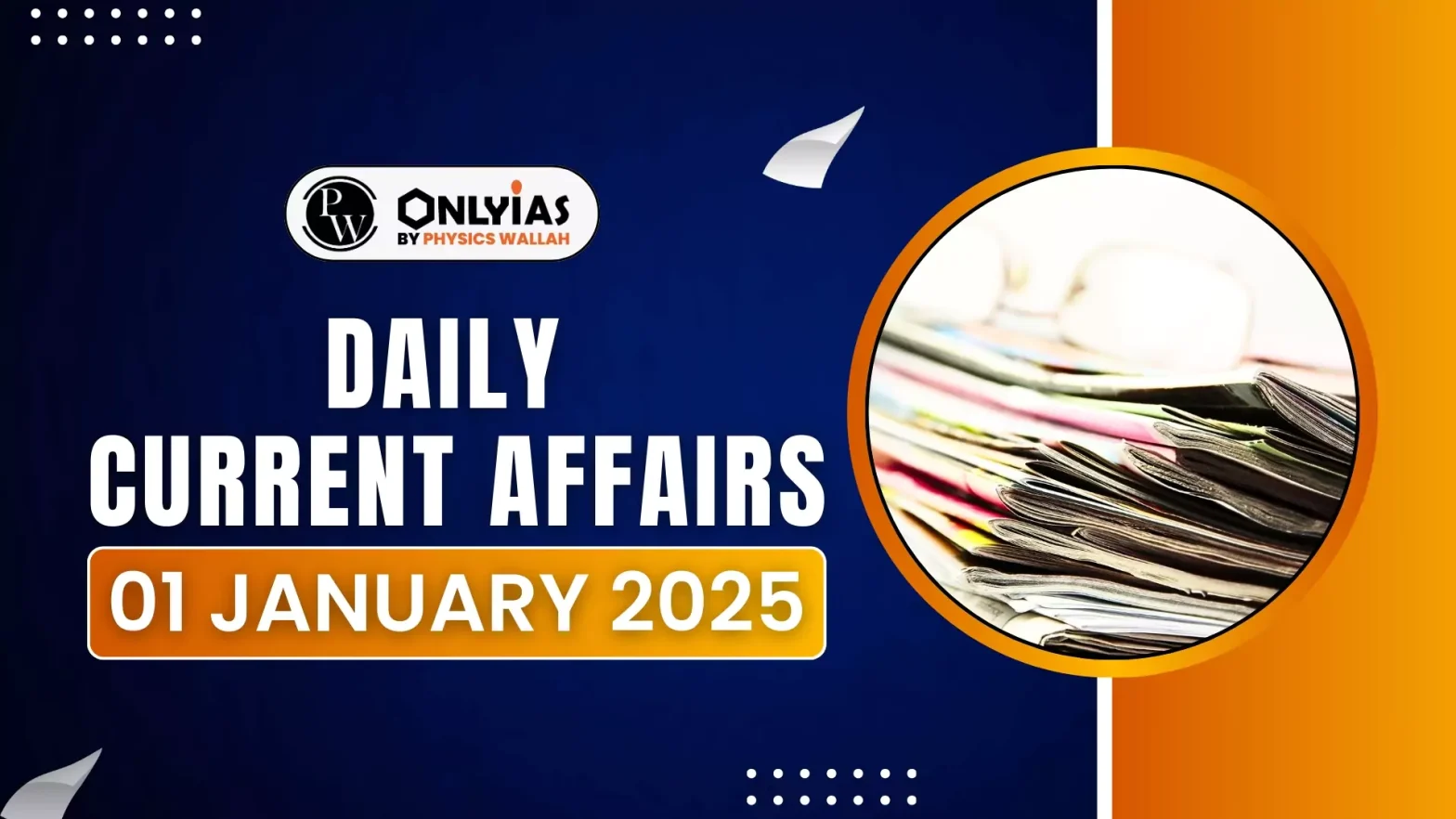India’s coastal security is under scrutiny as 13 coastal states and Union Territories report critical issues, including non-operational patrol boats, staff shortages, and insufficient funds for training and infrastructure under the Coastal Security Scheme (CSS).
- A committee under the Ministry of Home Affairs (MHA) has been tasked with visiting these regions to assess the implementation and formulate CSS Phase III.
About the Coastal Security Scheme (CSS)
- Launch and Objective: Introduced in 2005-06, the CSS aims to strengthen coastal security by equipping states and UTs with the necessary infrastructure and resources to conduct effective marine patrolling.
- The scheme supplements efforts by the Navy and Coast Guard to enhance coastal safety and prevent unauthorized activities along India’s 7,516.6 km coastline.
Enroll now for UPSC Online Course
Coastal security is indispensable for India due to
- Strategic Importance: India’s long ~7500 Km coastline is vital for trade and defense.
- Terrorism Threat: Coastal areas are vulnerable to infiltration by terrorist groups as seen during Mumbai 26/11 Attacks.
- Maritime Crime: Smuggling, piracy, and illegal fishing activities pose significant challenges.
- Natural Disasters: Coastal regions are prone to cyclones and tsunamis, requiring effective disaster response.
|
Phases of Implementation
- Phase I (2005-2011):
- Budget: ₹646 crore over six years.
- Phase II (2011-2020):
- Implementation OF CSS : Managed by the Ministry of Home Affairs (MHA), the scheme relies on coordination with state and UT governments for infrastructure, manpower, and operational readiness.
Challenges Reported
- Non-Operational Equipment: Many states, such as Andhra Pradesh and Tamil Nadu, reported that the majority of boats provided under CSS Phase I are non-functional due to expired maintenance contracts or damage.
- Insufficient Infrastructure: States like West Bengal and Puducherry flagged inadequate funds for jetty construction and incomplete police stations.
- Manpower Shortages: Several states, including Karnataka, rely on outsourced or deputed personnel, with no dedicated marine police staff.
Check Out UPSC CSE Books From PW Store
Recommendations for Phase III of CSS
- Procurement of larger, more stable, and cost-efficient boats.
- Insurance coverage for marine police personnel.
- Enhanced training programs for handling marine equipment and operations.
- This evaluation highlights the urgent need for reforms to address existing gaps and strengthen India’s coastal security framework.
![]() 1 Jan 2025
1 Jan 2025
